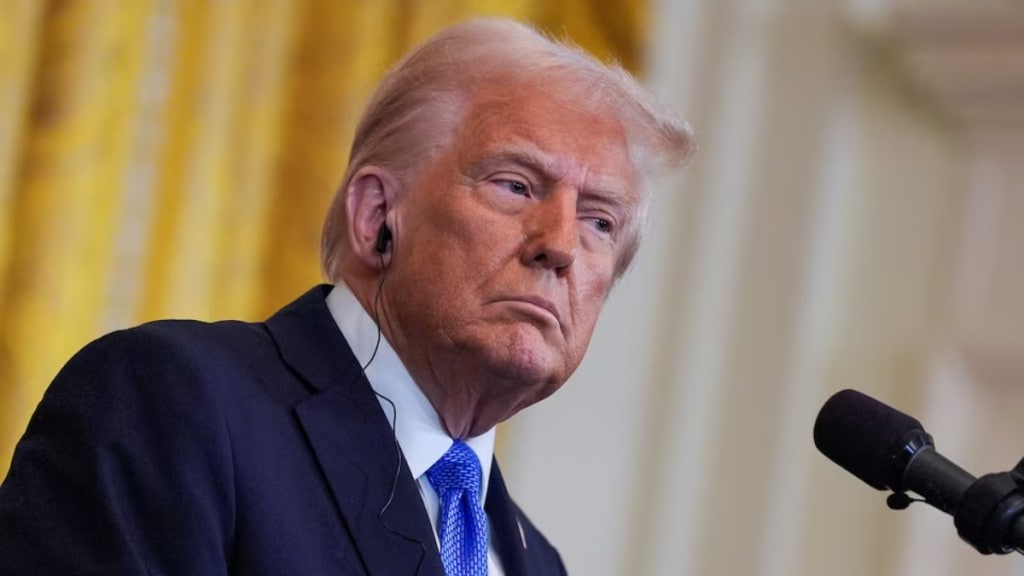There has been much debate around US President Donald Trump‘s comments regarding $21 million USAID funding to India‘s voter turnout. While the Centre and Opposition has been locking horns over alleged foreign interference in India’s electoral process, an exclusive report by The Indian Express suggests that Trump may have jumped the gun.
The records of USAID funding accessed by the Indian Express show that the money was sanctioned in the year 2022 to Bangladesh, and not India. The fact-check by IE showed that out of this $21 million funding, $13.4 million is already disbursed, apparently for ‘political and civic engagement’ for the students in Bangladesh embroiled in protests in the run up to the January 2024 elections. The protests had put spotlight on the integrity of these elections, seven months prior to ouster of Sheikh Hasina.
DOGE‘s list had mentioned two USAID grants that garnered attention which were channelled via the CEPPS (Consortium for Elections and Political Process Strengthening). CEPPS specialises in ‘complex democracy, rights and governance programming’. Now the CEPPS was supposed to receive a total of $486 million from USAID. This funding, according to DOGE, included $21 million funding for ‘voter turnout in India’ and $22 million for ‘inclusive and participatory political process’ in Moldova.
The funding for Maladova was provided to CEPPS in September 16. Until now, out of the $22 million funding, $13.2 million has been disbursed so far. However, the report claims that the $21 million funding for ‘voter turnout in India’ was not for India but was meant for Bangladesh and here are the reasons why:
Federal grants are designated for specific countries, and there has been no USAID-funded CEPPS project in India since 2008, IE reported. The only ongoing USAID grant to CEPPS matching the $21 million funding, has been identified as Federal Award Number 72038822LA00001, which was approved in July 2022 for a project in Bangladesh called ‘Amar Vote Amar’ (My Vote is Mine), later renamed the ‘Nagorik (Citizen) Program’ in November 2022.
A USAID advisor in Dhaka while on a visit to US, confirmed on social media that the $21 million grant was for the Nagorik project, which he will manage. The grant has already spent $13.4 million and is divided into six sub-grants for three organizations: the International Foundation for Electoral Systems (IFES), the International Republican Institute (IRI), and the National Democratic Institute (NDI).
In 2024, MGR’s (Micro Governance Research) director associate professor Aynul Islam posted identical messages on separate social media accounts which said that over 500 youth events and programs were organised in Bangladesh’s university campuses “to promote youth democratic leadership and civic engagement that directly reached 10,264 university youth through 221 action projects and 170 democracy sessions, among others!”
Islam had clearly Islam clearly said that this was possible with the “generous support and partnership from the IFES and USAID Bangladesh under the #Nagorik program.”
When IE contacted Islam, he confirmed that USAID had indeed funded the Nagorik programme through CEPPS.
